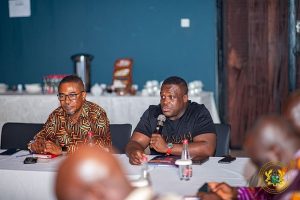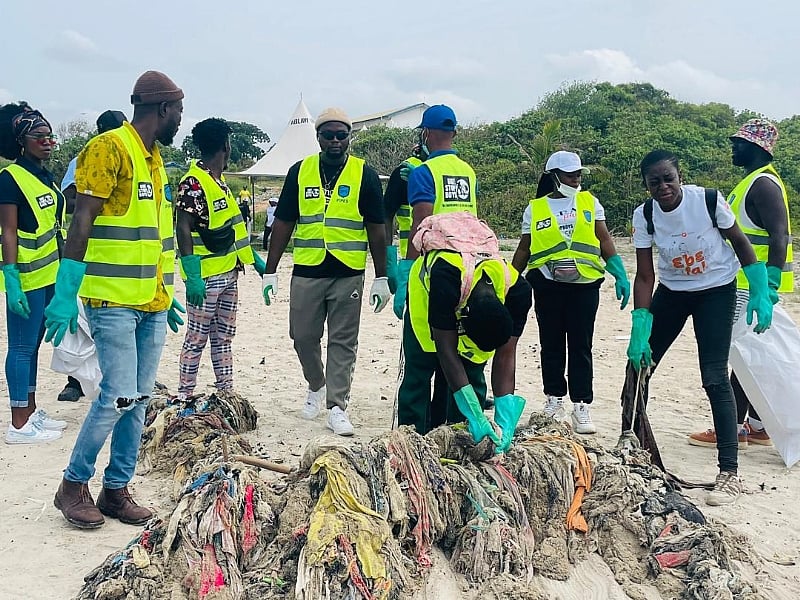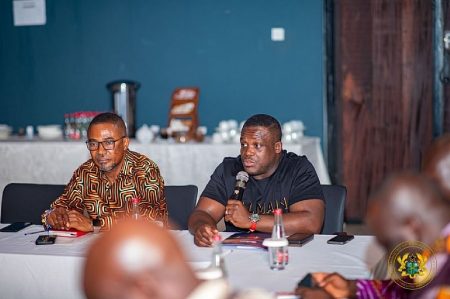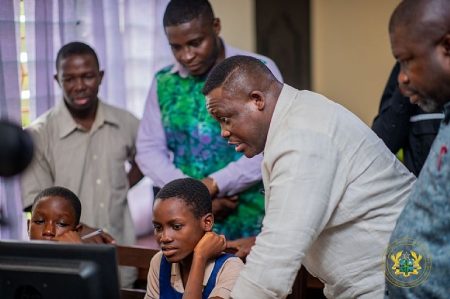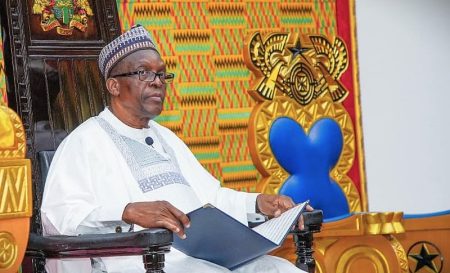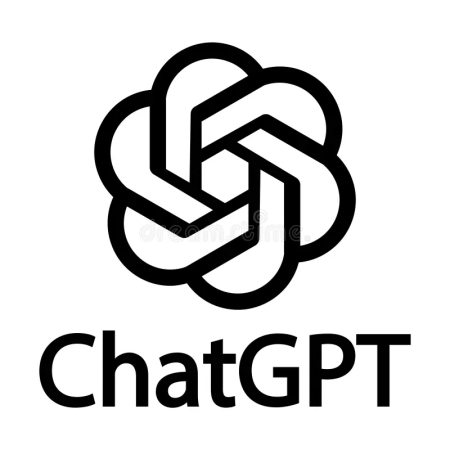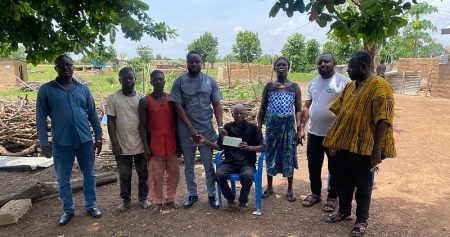A Collaborative Effort for Cleaner Oceans: World Oceans Day 2025 in Accra
The shores of Accra, Ghana, witnessed a surge of collective action on World Oceans Day 2025 as the United Nations, Regional Maritime University (RMU), Plastic Punch, and other development partners orchestrated a large-scale beach clean-up. Under the theme "Accelerating Action and Mobilizing All Actors to Conserve and Sustainably Use the Ocean," the event served as a powerful call to address the escalating threats to global marine ecosystems, focusing on the pervasive issue of marine pollution and building momentum toward the 2025 UN Ocean Conference in Nice. The RMU beach became a hub of activity, symbolizing the shared responsibility for ocean health.
Captain Johnson Adjetey, representing RMU, underscored the interconnectedness of environmental and economic well-being, emphasizing the institution’s commitment to clean oceans. He painted a stark picture of the consequences of marine pollution, particularly the pervasive problem of plastic waste. From clogging ship engines to disrupting marine life and ecosystems, plastic pollution poses a significant threat to the maritime industry and the livelihoods that depend on it. Captain Adjetey’s words served as a reminder that inaction threatens not only marine life but also human survival.
UNESCO’s representative, Mr. Edmund Moukala, amplified the call to action, stressing the need for a collective shift in mindset and behavior. He advocated for a shared responsibility model, urging individuals, institutions, and governments to become active participants in protecting Ghana’s coastlines. Moukala’s emphasis on "doing" rather than simply "talking" resonated throughout the event, setting the tone for concrete action and sustained engagement. He commended the collaborative spirit of the initiative, acknowledging the contributions of various stakeholders, and highlighted the crucial role of grassroots education campaigns in raising awareness and driving change within homes and schools. Looking ahead, Moukala announced the intention to transform the beach clean-up into an annual national initiative, extending its reach across the country and fostering a nationwide commitment to ocean conservation.
International support for Ghana’s marine protection efforts was reinforced by Mr. Kyrre Holm, Deputy Ambassador of Norway to Ghana. Highlighting the ongoing collaboration between the two countries on ocean governance, fisheries, and coastal protection, he expressed hope that the event would not only result in cleaner beaches but also a deeper understanding of the long-term consequences of plastic waste. His message underscored the importance of responsible waste management as a fundamental step in preventing marine pollution.
The event’s impact extended beyond immediate clean-up efforts. Mr. Ampos Boah, a Board Member of Plastic Punch, emphasized the value of citizen science, noting that the data collected during the clean-up would inform policy recommendations to address plastic pollution at the national level. He stressed the urgency of evidence-based government measures, highlighting the interconnectedness of environmental challenges such as floods, diseases, and marine pollution. The collective action of over 400 volunteers served as a powerful demonstration of the feasibility and necessity of collaborative efforts.
Representatives from Ecozoil and Buzstopboys further enriched the discussion by focusing on practical solutions and the importance of mindset change. Mr. Daniel Lamptey, Business Development Manager at Ecozoil, highlighted the contribution of unplanned drainage systems to beach pollution and advocated for consistent public education on proper waste disposal. Heneba Kwadwo Sa, founder of Buzstopboys, challenged the youth to take ownership of the issue, emphasizing that mindset change is key to addressing man-made environmental challenges. He framed clean-up activities as a moral and spiritual imperative, emphasizing the importance of service to God and humanity, and warned against the intergenerational consequences of inaction.
Translating Action into Lasting Impact
The World Oceans Day 2025 beach clean-up in Accra was more than just a single event; it represented a convergence of efforts and a commitment to long-term change. The collaborative spirit demonstrated by the diverse stakeholders, coupled with the tangible outcomes of the clean-up, has created momentum for ongoing national and international dialogues on sustainability and marine protection. The data collected will serve as a valuable resource for policy development, while the energy and enthusiasm generated by the event are expected to inspire deeper partnerships and sustained environmental action across Ghana. This initiative serves as a model for how collective action can translate into meaningful impact, paving the way for a healthier and more sustainable future for Ghana’s coastal communities and marine ecosystems.
The Power of Collective Action: From Awareness to Policy Change
The event’s success underscored the potential of partnerships to drive meaningful change. The collaboration between international organizations, local groups, and community volunteers demonstrated the strength of a multi-faceted approach. By combining global expertise with local knowledge and action, the initiative amplified its impact and strengthened the capacity for long-term solutions. This model of collaborative engagement sets a precedent for future environmental initiatives, demonstrating the power of collective action to address complex challenges.
Data-Driven Solutions: Informing Policy and Action
The collection of data during the clean-up provided a valuable opportunity to move beyond anecdotal evidence and generate concrete insights into the scope and nature of marine pollution. This data will be instrumental in informing evidence-based policy recommendations and shaping targeted interventions. By quantifying the problem and identifying key sources of pollution, the initiative contributes to a more nuanced understanding of the challenges and empowers decision-makers to develop effective strategies for mitigation and prevention.
Sustaining the Momentum: Long-Term Vision for Ocean Conservation
The organizers’ commitment to making the beach clean-up an annual national event signals a long-term vision for ocean conservation in Ghana. By institutionalizing this effort, they aim to create a platform for sustained engagement and build a culture of environmental responsibility. This sustained focus is crucial for achieving long-term impact and ensuring that the momentum generated by the event translates into lasting changes in behavior, policy, and practice.
Empowering Future Generations: Education and Mindset Shift
The emphasis on education and mindset change reflects a deep understanding of the root causes of environmental challenges. By targeting youth engagement and promoting responsible waste management practices, the initiative invests in future generations and lays the groundwork for a more sustainable future. This focus on education recognizes that lasting change requires not only immediate action but also a fundamental shift in values and behaviors.
Global Collaboration: Amplifying Impact through International Partnerships
The involvement of international partners, such as the Norwegian Embassy and UNESCO, highlights the importance of global collaboration in addressing environmental issues. By sharing expertise, resources, and best practices, international partnerships can amplify impact and accelerate progress towards shared goals. The World Oceans Day 2025 beach clean-up showcases the potential of international cooperation to drive positive change at the local level.


